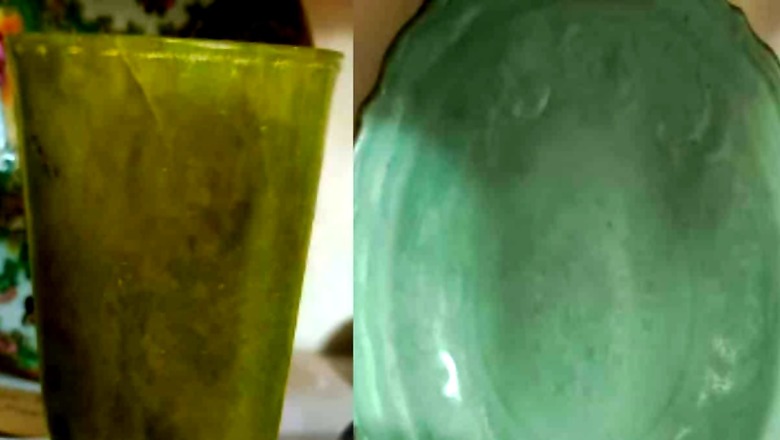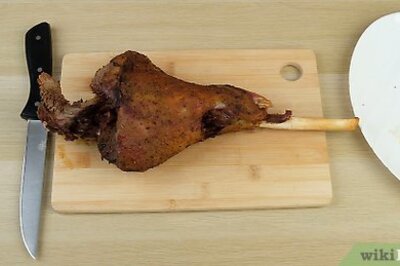
views
We all have seen and used cups and plate sets for having tea or coffee. But do you know there is a unique cup and plate set that breaks as soon as a poisonous substance is poured into it? Yes, it may sound strange, but this special cup and plate is present in Patna, the capital of Bihar. People come from far and wide to see it.
The Khuda Bakhsh Oriental Public Library, the pride of the city and a treasure of heritage is counted among the national libraries of the country. It is famous all over the world for its huge collection of ancient manuscripts and documents. Not only for books, Khuda Bakhsh Library is also known for its museum of old things. This special cup and plate is also kept here. People come and cannot stop themselves from taking pictures after seeing this cup plate set.
According to a report, this library is known as the second-largest library in the world. There are more than 2.9 lakh books along with 21,00 original manuscripts present in the library.
In a recent media interaction, Dr Sayed Masood Hasan said that Khan Bahadur Khuda Bakhsh established Khuda Bakhsh Library on October 29, 1891. Later, he handed it over to his ancestors. He also had a collection of old things. All those things are still kept in the museum room of the Khuda Bakhsh Library. This special cup and plate that identifies poisonous substances is also a part of that collection. However, it is difficult to tell what material this cup and plate are made of. There is no written description of it anywhere. If one also wants to see this special cup and plate, then one can go to the Khuda Bakhsh Library.
As per reports, some of the notable manuscripts present in the library are Timur Nama (Khandan–Timuria), Shah Nama, Padshah Nama, Diwan-e-Hafiz, and Safinatul Auliya, carrying the autographs of Mughal Emperors and princes and the book of Military Accounts of Maharaja Ranjit Singh. Apart from it, the library also has specimens of Mughal paintings, calligraphy, book decoration, and Arabic and Urdu manuscripts, including a page of the Quran written on deer skin.




















Comments
0 comment